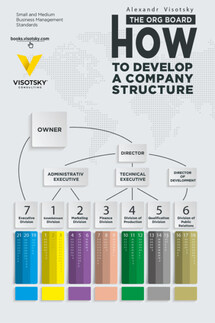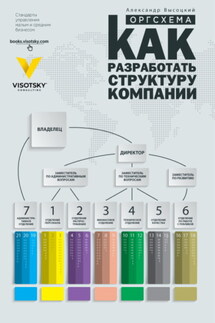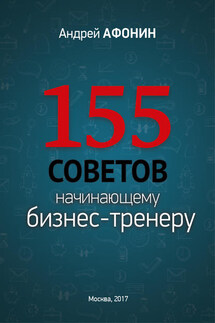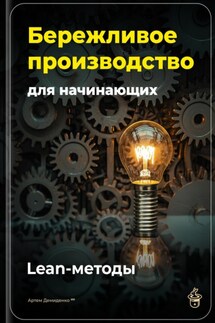The org board. How to develop a company structure - страница 4
Another very important factor is how valuable is the product that a person produces. Value is the degree of importance, which can be often, but not always, expressed in monetary value. A glass of water, for example, will take on a completely different value to you depending on whether you are in the hot desert or sitting in a cool office. The value is not determined by the amount of labor or materials that went into it, but rather by the desire – meaning, how badly others want to get this product and what they are willing to give in exchange. On a hot summer day the value of an ice cream cone is high while during a cold winter, it is low. And here's something important about this concept: you don’t always view something useful as having a real value. For example, every man’s future depends to a great extent on the kindergarten and school teachers they had when they were growing up. But the paradox is that in this society, it is not customary to pay a lot of money for the products of teachers…
This is a very old and odd tradition, but it is nonetheless true. At the same time, people are willing to pay a considerable amount of money for the advice of a lawyer or stockbroker. Hard to believe? Take a look at how much people spend on designer clothes and beautiful cars, and how much they spend on education and upbringing of their children. How much effort and money they spend to kill themselves in various ways, and how much to promote their health. I'm not talking now about a special medical treatment when they are willing to give all they have, but about keeping a healthy lifestyle. I’m not trying to give you a hard time, but just so you understand that the value of a product is not always logical, it depends on opinions of others. For a product to be called "valuable" other people have to want it and it needs to be valuable to them. Our civilization is neither perfectly fair nor balanced – there are some odd values and you should be aware of that. Apparently, the ability to understand, and especially to predict, what would be valuable to people is one of the greatest components of an entrepreneur.
When we talk about the value of an employee’s product, we mean the degree in which what he produces is needed by the company. If the company wants HR to hire effective employees, then the value isn’t how many people and how quickly HR fills the vacancies. Ultimately, it is how successful and productive the new hires are. If a leader creates inspiring goals and directs the team members towards these goals, this is valuable to each member of the group. This is why people will follow leaders, join their goals, and are willing to provide their own creativity and efforts in exchange for that value.
Each life role or job position has a certain Valuable Final Products (VFP). For example, the VFP of a salesperson is signed and paid contracts; the VFP of an HR manager is productive employees who are established on their jobs; the VFP of a CEO is an expanding and thriving company that produces a valuable product for its clients. The VFPs of a husband is a family that is safe, secure, and provided for financially. The conscious production of a product starts when a person understands exactly what their valuable final product is. If the person lacks that understanding, they will produce something that he personally considers valuable, or he will follow personal inclinations. When we carry out our consulting projects, we ask our business owners to conduct a survey with their key employees and managers to ask them what they consider their product to be. When the survey results are in, the executives clutch their heads in despair. The odd employee ideas that the survey reveals can be rather astounding. If you do the surveys, you will find out that no more than 10 % of the company's employees can accurately name their VFP. This is bad. If they can't properly identify it, they cannot focus their efforts on producing it. To compensate for it, you’ll give out individual orders and constantly direct the employee to produce his VFP. That is inefficient. The upside is that the productivity of employees can be significantly improved once you give them an accurate understanding of their VFP. This principle is also applicable outside of business; many couples could improve their marriage if they simply worked out with their partner the exact VFP they expect from each other.









